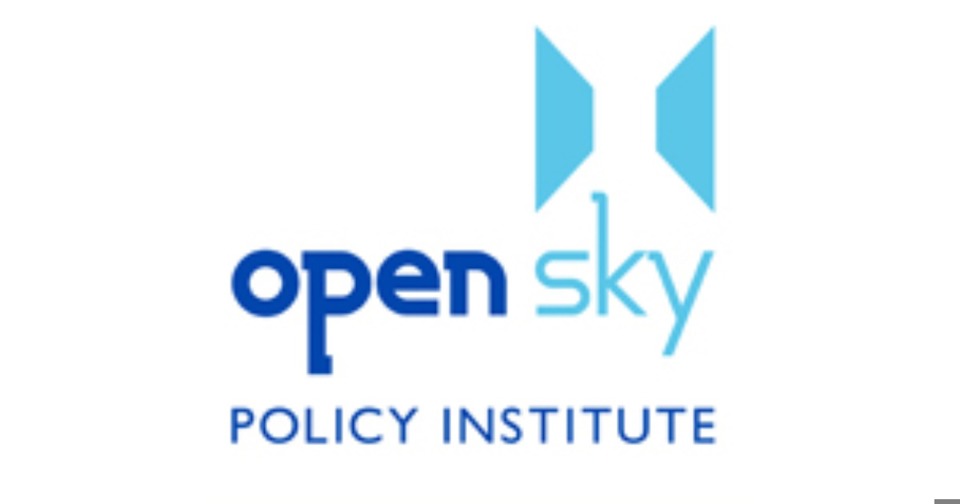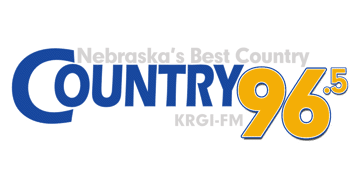Open Sky Reacts to Governor Pillen's Budget

The OpenSky team is engaged in a thorough analysis and line-by-line review of the Governor’s proposed two-year budget, and will be tuned in closely to upcoming hearings in the Appropriations Committee. The state of Nebraska must balance its budget in the state’s General Fund. How that is achieved with a projected $432 million budget shortfall will be one of the biggest challenges of the legislative session. The Governor’s proposal is just a first step, and a few things stand out to us on initial review. Here are five things to be aware of as the budget begins to take shape.
Reducing General Fund spending reduced via transfers
The Governor’s budget proposal calls for an overall reduction in state General Fund spending of 0.5% for the coming biennium of FY26 and FY27. The state General Fund pays for important priorities like K-12 schools, higher education and health care. This proposed reduction in spending would be achieved by leaving many agency requests unfunded, reducing funding for others and notably, reducing the University of Nebraska’s general fund operating budget by 2%.
Additionally, the Governor’s proposal suggests balancing the budget in the General Fund through transfers from 56 different cash funds. Cash funds are integral to the state’s finances, directing revenues, funds from legal settlements and other incoming dollars to be used for specific programs or purposes. Cash funds also serve the state by making it less vulnerable during an economic downturn, with some able to function as a reserve. However, cash fund sweeps in 2024’s regular and special sessions eliminated or depleted many of the state’s cash fund balances. This tactic is once more proposed in the Governor’s budget, and it calls into question their utility should the state experience an economic downturn.
And finally, though an overall reduction in General Fund spending is proposed, the Governor’s budget proposal would increase spending for property tax cuts. Through a process known as “transfers out,” line items like state funding for property taxes are “transferred out” of the General Fund to various cash funds before the overall spending rate in the budget is calculated. These transfers mask the state’s overall spending. The Governor’s proposal includes $730 million in new funding for the Education Future Fund and School District Property Tax Relief Fund not included in the 0.5% General Fund reduction.
Sales & excise taxes are back
The $432 million shortfall in the budget can be made up through generation of new revenue, which the Governor proposes through the repeal of a series of sales tax exemptions that would potentially bring in $479 million in the coming two-year budget period. This is far from the first time this concept has been raised, and ultimately, beaten back due to concerns that this strategy places the burden more heavily on working families, who already pay the highest percentage of their household income in sales taxes. Specifically, the legislature will consider new regressive excise taxes on candy, soft drinks, tobacco and hemp products, spirits and gambling.
Proposed repeal of 46 recently passed pieces of legislation
The Governor’s budget proposes savings of an additional $252 million over the next two years by reversing course on 46 pieces of legislation to create or expand programs between 2020 and 2024. These include 20 tax incentive programs and 26 appropriations for new programs or facilities. Some of the appropriations in the crosshairs include a variety of programs that affect rural areas and the agricultural sector, including $40 million to the Public Service Commission for continued expansion of broadband in rural areas and reduction in state funding for water and fuel-saving precision agricultural investments. Several reductions in funding for health care for the underserved are slated, including a tribal health care center and translation services for Medicaid patients, as well as aid for Federally Qualified Health Centers, which serve low income Nebraskans. Among the tax incentives proposed for elimination are economic development programs like the Good Life Transformational Projects Act and a relocation incentive program to draw new workers to Nebraska as well as a tax credit to support film productions in Nebraska.
Maintaining the Cash Reserve
The OpenSky team was pleased to see that the Governor’s budget largely spares the Cash Reserve, also called the Rainy Day Fund and an important stopgap for helping the state manage cash flow in times of an economic downturn. This budget proposal also pushes back a $200 million transfer authorized in special session to the following biennium, a move we think is prudent. The overall balance of the Cash Reserve remains below levels typically recommended for government entities.
Drawing down more federal funding for state Medicaid
A challenge before the legislature this year will be to continue funding Medicaid, which provides health care services for low income Nebraskans, in light of a reduction in federal reimbursements due to an FMAP decrease. The Governor proposes a new tax on managed care organizations, or MCOs, that would leverage additional federal funds to close the gap. This would reduce the state’s share of Medicaid spending by $176 million over the coming biennium, with minimal effect on the MCOs. We anticipate additional efforts to look for available federal funds that may be available to help defer costs of a variety of programs during this legislative session.
